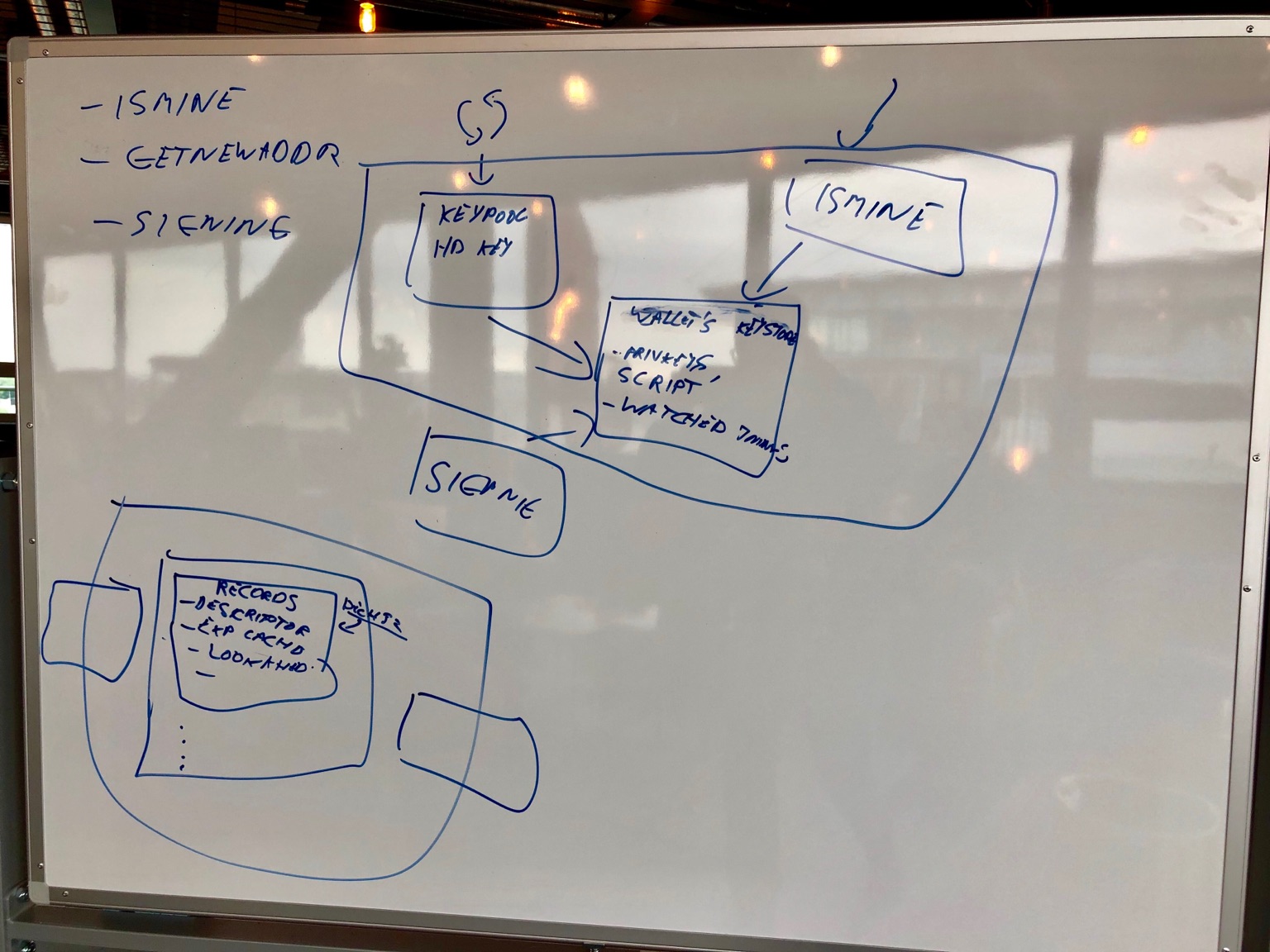Transcripts

Study & contribute to bitcoin and lightning open source

Interactive AI chat to learn about bitcoin technology and its history

Technical bitcoin search engine

Daily summary of key bitcoin tech development discussions and updates

Engaging bitcoin dev intro for coders using technical texts and code challenges

Review technical bitcoin transcripts and earn sats
